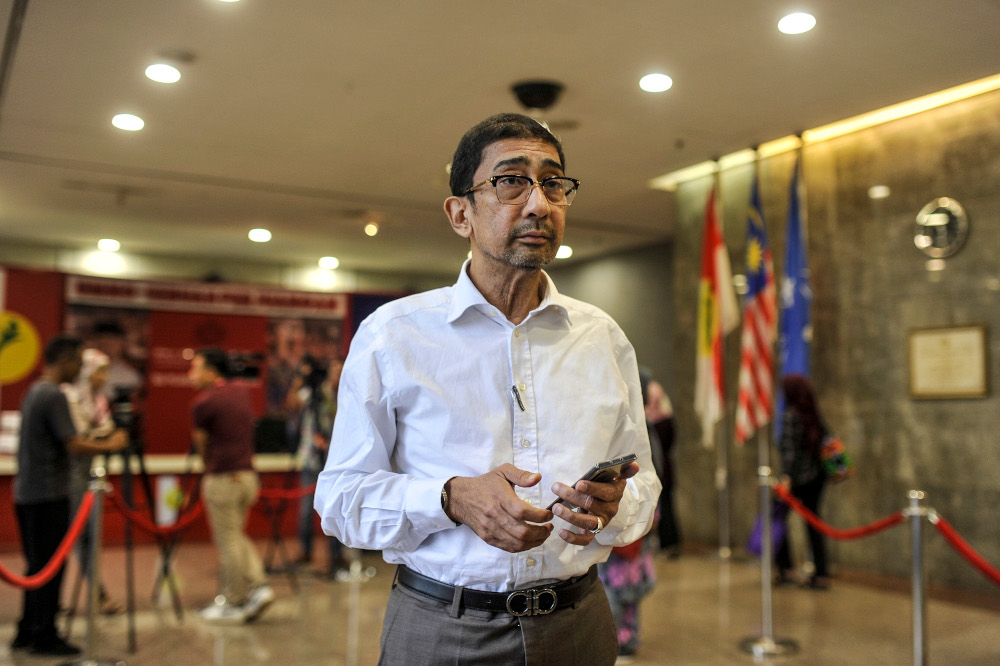KUALA LUMPUR, Aug 3 — Less than 20 per cent of areas in the country have very poor internet access, Deputy Communications and Multimedia Minister Datuk Zahidi Zainul Abidin said.
However, he said in some areas, internet access had been disrupted due to criminal acts and vandalism.
“There used to be coverage in these areas, but all of a sudden, service is disrupted as certain parties would dig up the fibre optic cables, steal the copper wiring or standby generators at some communication towers.
“We are trying to overcome these problems while increasing broadband access,” he said during oral question and answer session in the Dewan Rakyat, today.
He said this in reply to a supplementary question from M. Karupaiya (PH-Padang Serai) on the number of areas with very poor internet access in the country.
In reply to Sabri Azit’s (PAS-Jerai) original question on measures to overcome the problem of internet coverage in rural areas, Zahidi said the construction of communication towers and upgrading of existing communication transmitters to 3G and 4G services are being intensified nationwide.
He said a total of 2,360 communication towers had been erected and up to June, works on 280 towers are still being implemented.
A total of 5,348 communication transmitters at existing tower structures have been upgraded to 3G and 4G services, he said adding that 11 communication transmitters are still in the implementation stage.
“As for fixed line broadband internet service, the government has implemented the suburban broadband (SUBB) and rural broadband (RBB) projects to provide high speed broadband facilities in suburban and rural areas throughout the country,” he said.
He said up to last June, 639,676 extensions were readily available, while 34,781 extensions were still in the implementation phase and due to complete in stages this year.
Meanwhile, Zahidi said that the National Fiberisation and Connectivity Plan (NFCP) is at the implementation stage and tender for the project is being issued.
He said the ministry, during the national digital infrastructure laboratory series from July 13 until August 14, would be setting new goals in relation to the digital infrastructure development plan.
“If the areas are seen to be able to provide better broadband services and the technology which we propose is appropriate for the areas, upgrading would be implemented under phase two and three of the NFCP project,” he said in response to Sabri’s supplementary question on the status of NFCP implementation involving an allocation of about RM21.6 billion.
The NFCP five-year (2019–2023) plan is to provide sustainable, comprehensive, high quality and affordable digital connectivity to all Malaysians. — Bernama



















